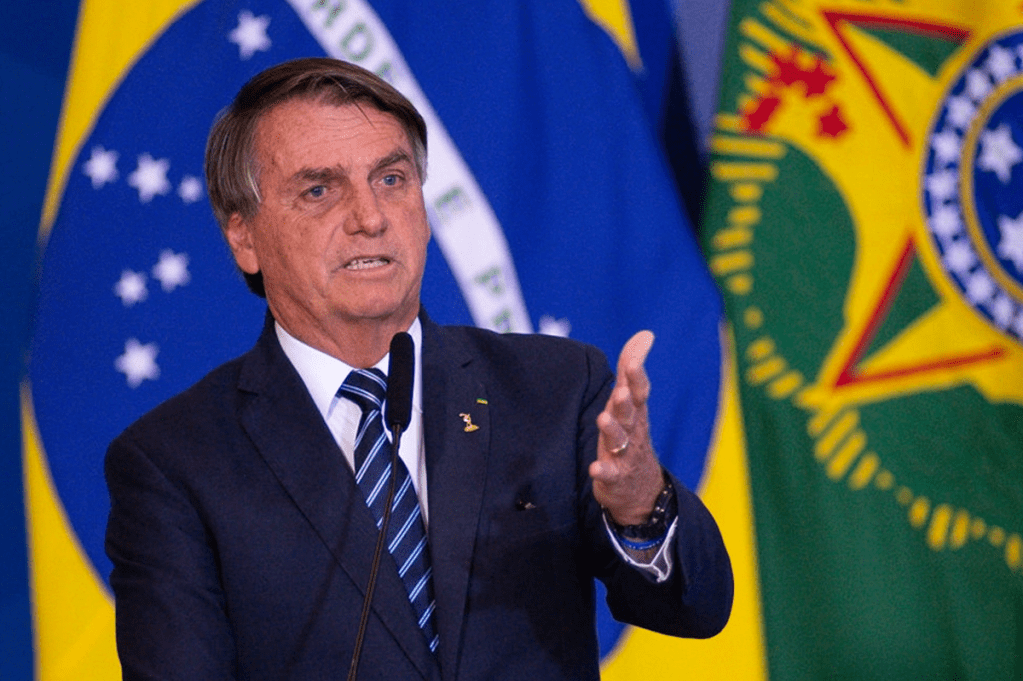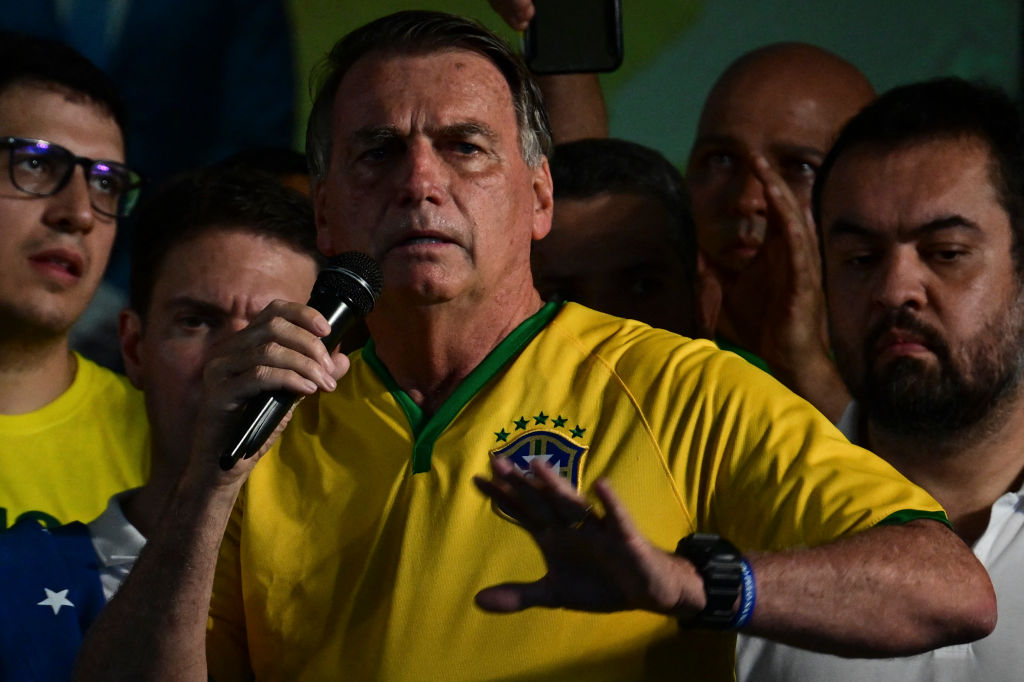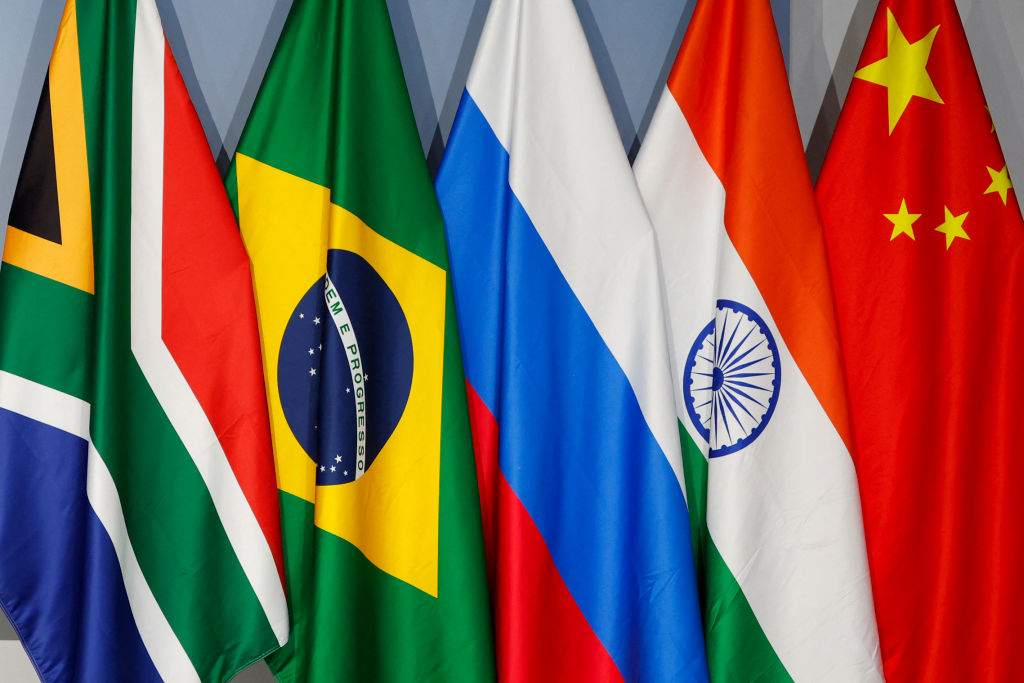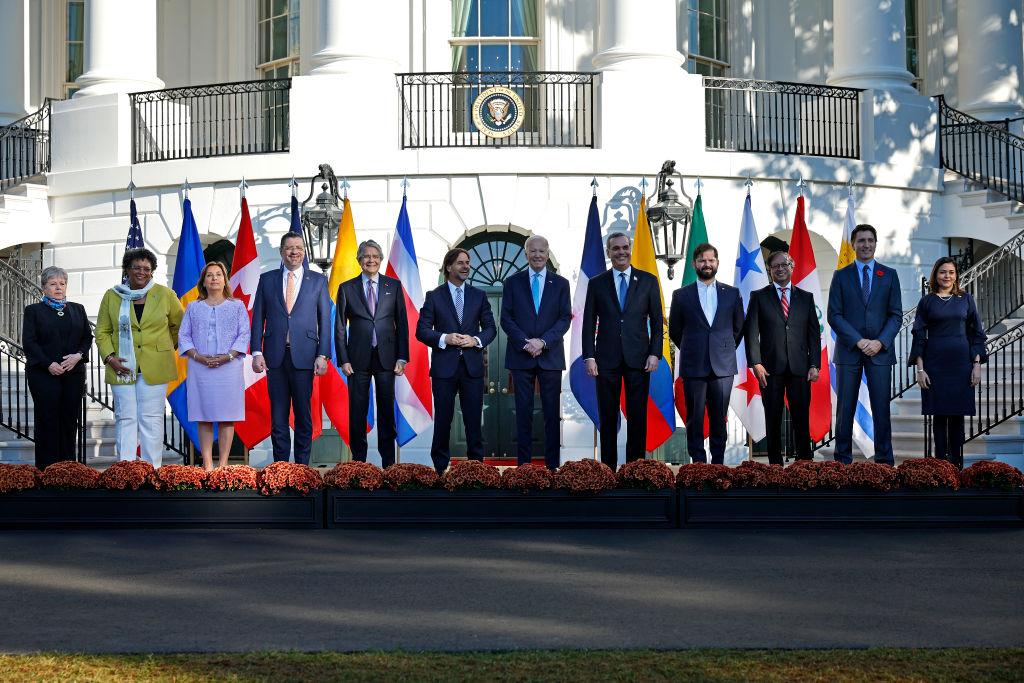Rio de Janeiro
When I first began writing about politics in 2005, my Brazilian husband, David Miranda, was not remotely interested in the subject. When politicians or journalists would visit us in Rio and invite us to dinner, he would always try to get out of it: “I’m not going; you’ll talk about nothing but politics the whole night and I will be desperately bored.” In 2013, David was detained at Heathrow Airport under the Terrorism Act 2000. I’d been working on the Edward Snowden story, uncovering the extent to which the NSA and GCHQ surveil their own citizens, and David had traveled to Berlin to help with a documentary about the investigation. British intelligence learned he would be traveling back home through London and detained him, threatening to arrest him, before eventually releasing him. After a few weeks back in Rio, David was still furious. Countless American and British journalists with far more proximity to the Snowden story had traveled through Britain without the slightest problem. Fast-forward nine years and David is a Brazilian congressman, having been elected in 2016 as the first openly gay man on the city council. He insists he hasn’t changed but, as he puts it: “You may not be interested in politics, but politics is always interested in you.’”
I always wanted politics to remain separate from my personal life but I had about as much success in that resolution as David had in his. Few individuals were as responsible for that failure as Jair Bolsonaro. David and I always had bizarre interactions with Bolsonaro, even long before he became president. In 2014, we decided to write a profile of him for my news organization the Intercept. We argued it was shocking that someone with his history of statements could even be a member of Congress. When David called Bolsonaro to ask about his proposed bill to outlaw gay couples from adopting children, the congressman, knowing David and I were married, responded with a twisted prediction about medical science: “Don’t worry, soon homosexuals will be able to have a uterus implanted in them and then you can have a baby.”
What most radically changed our lives was when, in May 2019, an anonymous source provided me with explosive archives of hacked telephone chats between the judge Sergio Moro, who had become a national hero by presiding over the 2017 criminal trial and conviction of Luiz Inácio Lula da Silva on corruption charges, and the case’s prosecutors. That conviction was what caused Lula to be barred from running against Bolsonaro in 2018. Once Bolsonaro won, he rewarded Moro, the judge who had removed his main obstacle to the presidency, with a job as his minister of justice and public security. The stories we began publishing about Moro and the prosecutors in June 2019 — just months after Bolsonaro ascended to the presidency — rocked his government. They led to widespread questioning of Moro’s impartiality and we became public enemy no. 1 of the Bolsonaro movement. Our family, including our young children, spent two years riding around in armored vehicles, unable to leave the house without a team of armed guards. In 2020, the Brazilian Justice Ministry prosecuted me for the reporting. The charges were thrown out by a Supreme Court ruling on constitutional grounds protecting the free press.
Unfortunately, David learned the news of Bolsonaro’s defeat by Lula this week from a bed in the ICU wing of a Rio hospital. In August, David began experiencing abdominal pains at a campaign event, went to the ER, was immediately hospitalized and has been fighting a life-threatening infection ever since. Still, the smile on his face when I told him the news was unmistakable.
Bolsonaro may have lost, but his movement, Bolsonarismo, is as strong as ever. His party is the largest in both houses of Congress. It controls the governorships of many key states, such as Rio and Sao Paulo. His most devoted followers, including many in the state and local police, await his reaction. Already serious strife is apparent. Massive pro-Bolsonaro protests with a large police component are blocking roads and airports as the Supreme Court orders other police officers to stop them. It is, to put it mildly, quite dangerous when police units begin facing off.
The sardonic joke is that Brazil has always been, and sadly appears destined to remain, the country of the future. Its unique and abundant assets of rich culture, valuable resources and stunning natural beauty seem always to be outweighed by political strife and deep polarization. Even with Bolsonaro gone, the chances of reversing that seem small.
This article was originally published in The Spectator’s UK magazine. Subscribe to the World edition here.

























